Plantation Agriculture: Plantation agriculture is a type of agricultural production system where large tracts of land are cultivated for cash crops such as coffee, tea, rubber, sugarcane, and cocoa. The crops are typically grown in monoculture, meaning that a single crop is grown on a large area of land. This form of agriculture has been prevalent in many parts of the world for centuries, but it has faced criticism for its negative impact on the environment, economy, and society. In this article, we will discuss agriculture in detail, its history, advantages, disadvantages, and its impact on the world.
History of Plantation Agriculture:
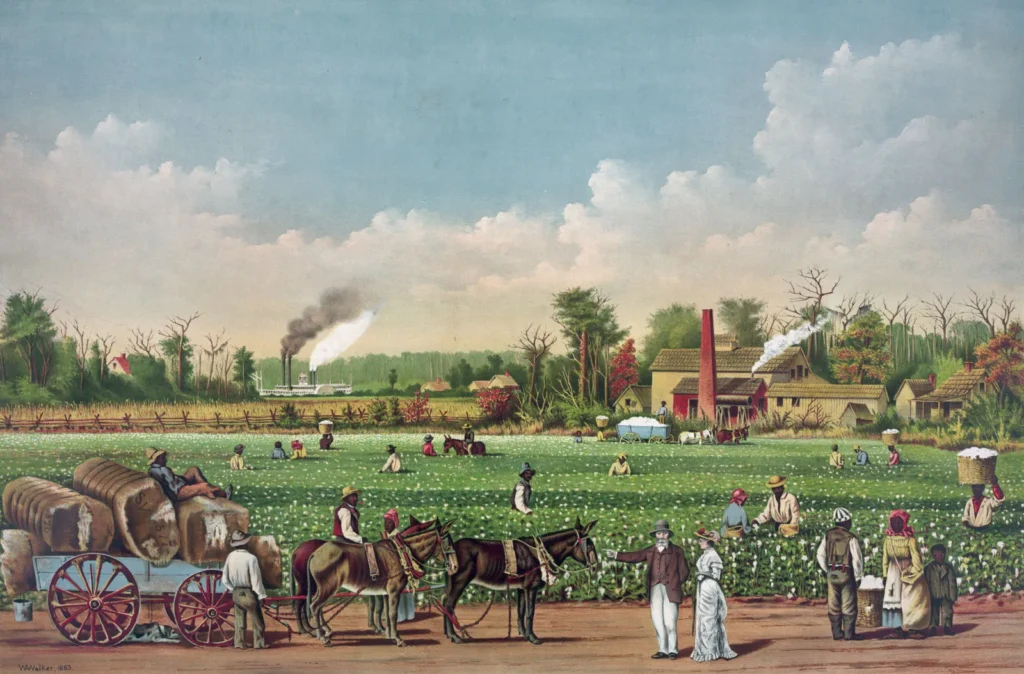
Plantation agriculture has its roots in colonialism, when European powers established colonies in different parts of the world for trade and commerce. They introduced cash crops to these colonies, which were grown on large plantations, worked by slave labor. The first plantations were established in the 16th century in the Americas, with crops like tobacco and sugar being grown in large quantities. The plantation system spread to other parts of the world, including Africa and Asia, with crops like coffee and tea becoming popular.
Advantages of Plantation Agriculture:
One of the main advantages of plantation agriculture is its ability to produce large quantities of cash crops for export. This generates significant revenue for the countries where plantations are located and can boost their economies. agriculture also creates employment opportunities for many people, including low-skilled workers, who work on the plantations. Additionally, agriculture can provide a stable supply of raw materials for industries that rely on these crops, such as the food and beverage industry.
Disadvantages of Plantation Agriculture:
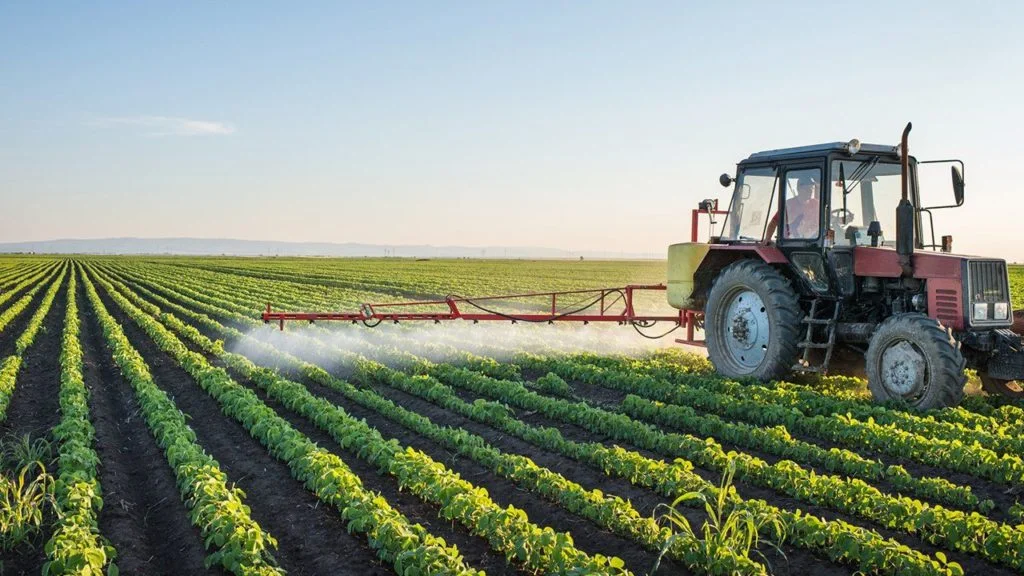
Despite its advantages, plantation agriculture has several significant drawbacks. The monoculture system used in plantation agriculture can lead to soil degradation and erosion, reducing the fertility of the land. The extensive use of pesticides and fertilizers can also lead to water pollution and soil contamination, which can have serious environmental consequences. Furthermore, agriculture can have negative impacts on local communities, as the land used for plantations may have been traditionally used for subsistence agriculture or for the livelihoods of local people. The plantation system can also create economic disparities between plantation owners and workers, leading to exploitation of the latter.
Impact on the World:
Plantation agriculture has had a significant impact on the world, both positive and negative. The establishment of plantations in colonies helped boost the economies of European powers, but it also led to the exploitation of indigenous peoples and slave labor. The demand for cash crops from plantations helped drive the transatlantic slave trade, which had devastating consequences for African societies. Plantation agriculture also played a role in shaping the global food system, with cash crops like sugar, coffee, and tea becoming essential commodities in international trade.
In more recent times, plantation agriculture has faced criticism for its environmental impact, particularly in tropical regions where deforestation has been linked to the expansion of plantations. This has led to calls for more sustainable forms of agriculture that prioritize the health of the environment and local communities. Some companies and governments have taken steps to address these concerns, by implementing sustainable farming practices and supporting small-scale farmers. However, much more needs to be done to ensure that agriculture is sustainable and equitable.
Plantation agriculture has played a significant role in the history of the world, but it has also faced criticism for its negative impact on the environment, economy, and society. While it has provided many benefits, such as generating revenue and employment opportunities, it has also led to soil degradation, water pollution, and economic disparities. The future of plantation agriculture lies in promoting sustainable farming practices and supporting small-scale farmers, while also addressing the needs of local communities and the environment. By doing so, we can ensure that agriculture is a force for good in the world.
Read Also: Jute Cultivation
![]()

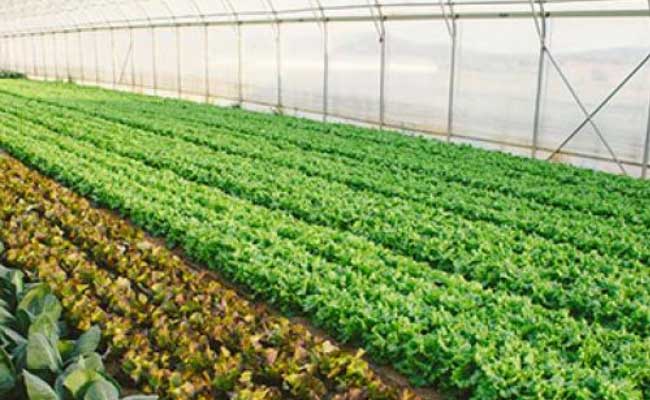
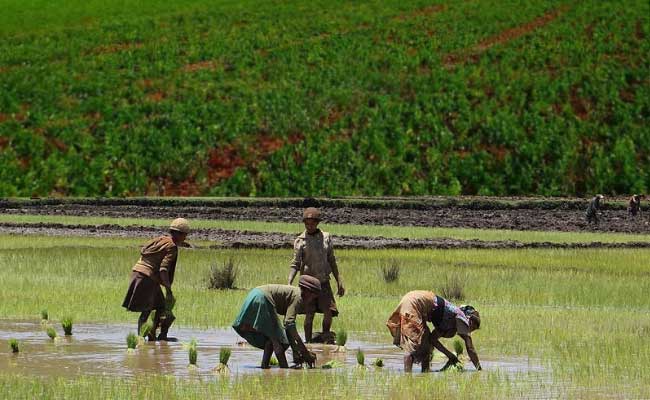
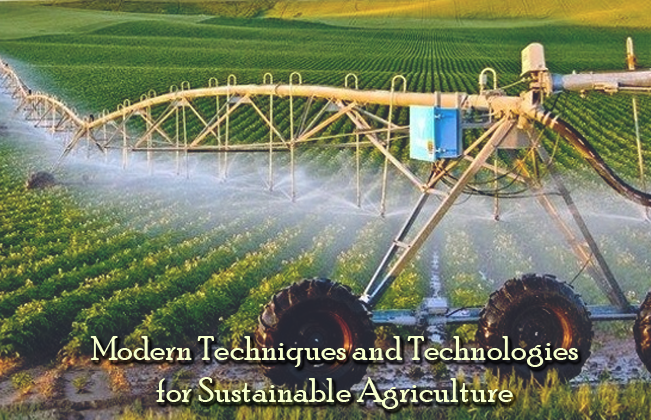
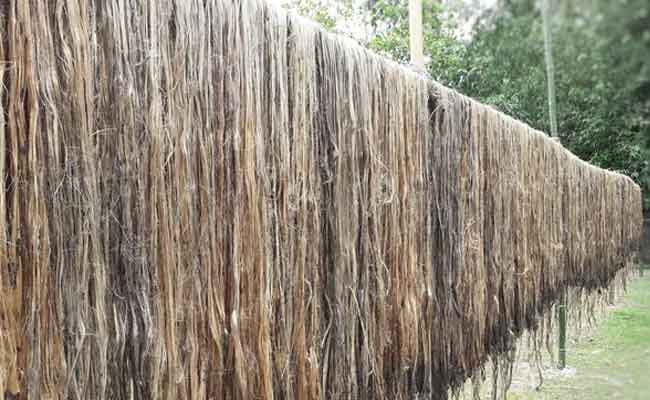

One thought on “Plantation Agriculture”